SAFETY ON HIGH ALTITUDE
SAFETY ON HIGH ALTITUDE
Medical check-ups at high altitude are crucial for both prevention and early detection of altitude-related illnesses, such as Acute Mountain Sickness (AMS), High Altitude Pulmonary Edema (HAPE), and High Altitude
Medical check-ups at high altitude are crucial for both prevention and early detection of altitude-related illnesses, such as Acute Mountain Sickness (AMS), High Altitude Pulmonary Edema (HAPE), and High Altitude Cerebral Edema (HACE). Here’s a breakdown of what a medical check-up on high altitude should include, especially for trekkers, climbers, and guides:
THE DEFINITION OF ALTITUDE
- High altitude: 1500_3500 Meters( 5000_11500 Ft)
- Very high altitude: 3500_5500 meters( 11500_18000 Ft)
WHAT IS ALTITUDE SICKNESS
Altitude sickness is a range of symptoms that can occur when someone ascends to high altitude too rapidly without sufficient Acclimatization. The body can adjust to reduced air pressure at high altitude. But only at a rate of about 300 meters(1000 ft) altitude gain per day.
THERE ARE THREE MAIN FORMS OF ALTITUDE SICKNESS
1. Acute mountain sickness(AMS)
Is very common when you climb mount Kilimanjaro. Sometimes if you walk in high altitude and it’s your first time to be in high elevation like this it can happen if you will not follow what the mountain guide tell you what to do in order to be safe. But when you follow the things which the guide tell you to do you will be safe and you will make your dreams reality
2. Higher Altitude Pulmonary Edema (HAPE)
Is fluid build up in the lungs.
3. Higher Altitude Cerebral Edema (HACE)
Is fluid build up in the brain. Symptoms and signs usually come on within 12 to 24 hours of reaching a high elevation and then get better within a day or two days as your body adjusts change in Altitude.
🩺 MEDICAL CHECK-UP PROCEDURES
1. Initial Screening (Pre-Climb or Early Trek)
Ask about pre-existing conditions (e.g., asthma, heart disease)
Check vitals: BP, HR, SpO₂, weight
Review medications
Evaluate recent travel/acclimatization history
2. Daily Monitoring on the Mountain:
Morning & evening SpO₂ and HR
Ask about symptoms: headache, nausea, fatigue, dizziness, shortness of breath
Perform breath and balance check (for HAPE and HACE)
3. If Symptoms Are Present:
Repeat vitals every 2–4 hours
Use LLS to assess AMS severity
Listen to lungs if possible (wet/crackling sounds = suspect HAPE)
Perform finger-to-nose or heel-to-shin test for ataxia (HACE)
⚠️ Red Flag Symptoms (Emergency Evacuation Needed)
SpO₂ < 75% at rest
Inability to walk in straight line (ataxia)
Confusion, hallucinations, loss of consciousness
Wet cough, chest tightness, breathlessness at rest
Severe headache not relieved by medication
SYMPTOMS OF ALTITUDE SICKNESS
- Headache
- Dizziness
- Nausea
- Vomiting
- Fatigue and loss of energy
- Shortness of breath
- Problems of sleep
- Loss of appetite.
TREATMENT OF ALTITUDE SICKNESS
Diamox is the standard medical prophylaxis agent for high Altitude illness. The medication is effective preventing acute Mountain sickness. It’s recommended to take 125 mg tablet twice a day and you can start to use it two days before your hike it means when you start your flight to Tanzania to climb the freestanding Mountain in the world or when you arrive at the Hotel. And before hike after breakfast you recommended to take 125 mg and after lunch 125 mg. Being this medicine 24 hours before arriving at high altitude and continue for 48 hours while at high altitude. You may continue taking Diamox up to 48 hours longer if your symptoms indicate the need for additional pills. it’s recommended that before decide to go to the higher altitude or to climb the higher mountain more then 3500 meters ask your Doctor about Diamox or any altitude medications.
Let us tell you about Oxygen saturation level.
- Normal oxygen saturation is 99 to 88 to 75 up to 70.
- And below Oxygen saturation is under 70 to 65 to 50.
- Low oxygen is caused by the acute mountain sickness.
But when you follow what the guide tell you to do on the higher altitude you will be safe and you will make your dream to come reality.
Medical & Safety Equipment
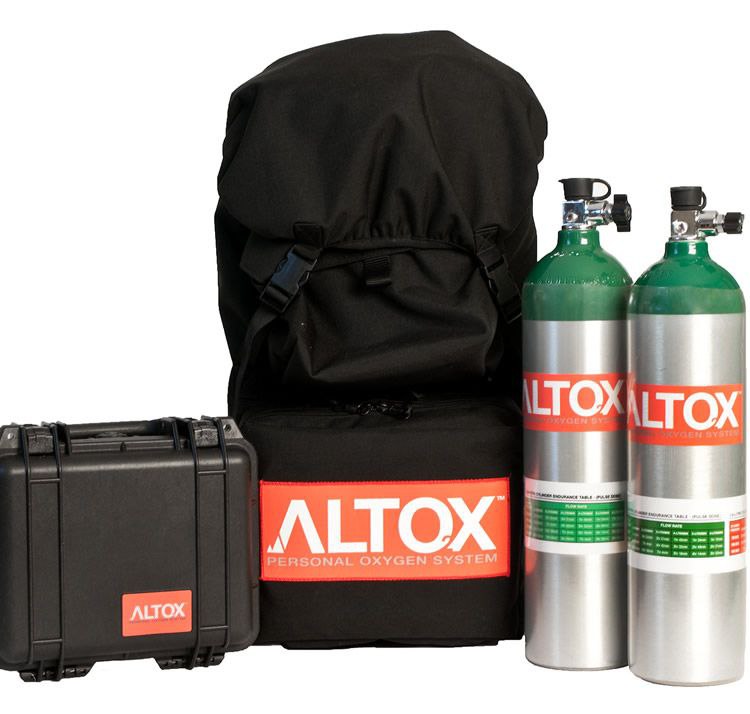
ALTOX Personal Oxygen System
What Is the ALTOX System?
ALTOX is a lightweight, portable oxygen system engineered to assist climbers during the most demanding part of the Kilimanjaro ascent—summit night. It delivers controlled doses of oxygen via a comfortable nasal cannula, helping reduce symptoms of altitude sickness such as headaches, nausea, fatigue, and breathlessness.
✅ Why Choose ALTOX with Goduru Travel?
Enhanced Summit Success – Increased oxygen intake can significantly improve performance and stamina at extreme altitudes.
Quick Symptom Relief – Many climbers feel noticeable improvement within 10 minutes of use.
Trusted Safety Net – ALTOX is not a substitute for acclimatization, but it provides essential support when your body needs a final boost.
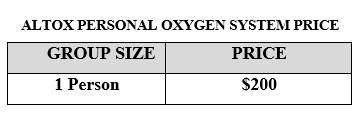

Personal Altitude Chamber
Portable Altitude Chamber (PAC)
The pressure chamber concept has been around for many years, yet the majority of trekkers and mountaineers going to high altitudes do so without this essential piece of safety equipment.
The PAC is an affordable, durable and reliable means to assist reversal of high altitude illness symptoms (AMS, HACE and HAPE). If conditions do not allow for an immediate and effective descent, or the patient is too ill to move, the use of the PAC can be a viable alternative.
The (PAC) was developed in 1996, combining the expertise of Roddy Mackenzie, Dr. James Duff and C. E. Bartlett Pty. Ltd. The Portable Altitude Chamber (PAC) is an Australian made product for export, aimed at trekking groups, both private and commercial, as well as expeditions to high altitude. It aids the need for an effective, simple, durable, lightweight and affordable pressure chamber to assist reversal of AMS symptoms.

Daily medical check-up and diagnosis
To ensure the health and safety of our clients, Goduru Travel incorporates daily blood pressure, temperature, and oxygen level monitoring into our guiding services on Kilimanjaro. This proactive approach allows us to identify and address any potential health concerns early on. By tracking these vital signs, our experienced guides can assess the impact of altitude on each trekker’s body and make informed decisions regarding their ascent or in some cases their immediate descent. This personalized attention helps to minimize the risks associated with high-altitude trekking and contributes to a safe and successful journey.
We also carry the following equipment for your safety on every Trek:
- Pulse Oximeter
- Digital Thermometer
- Blood pressure machine
- Stethoscope
- Oxygen Tank
- Medical Kit
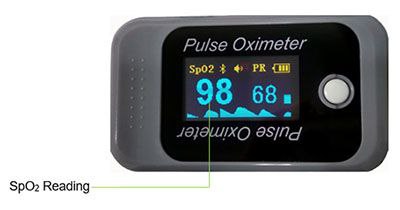
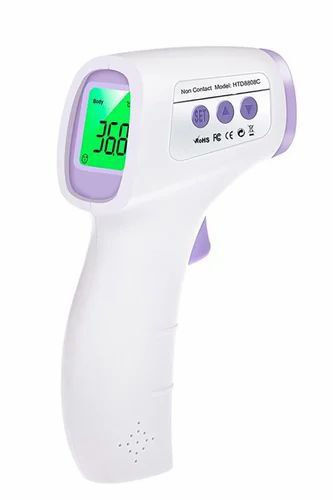
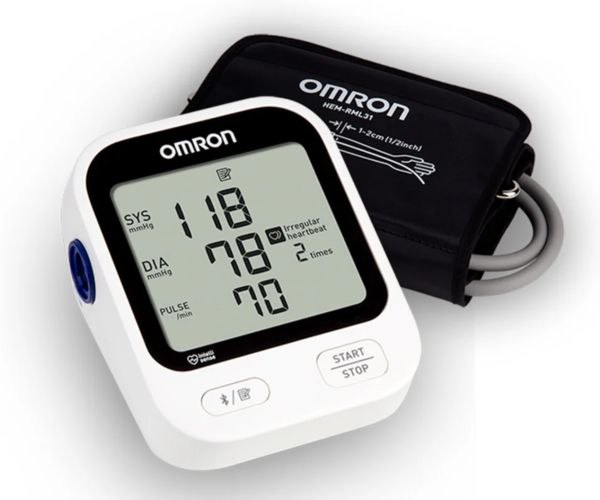

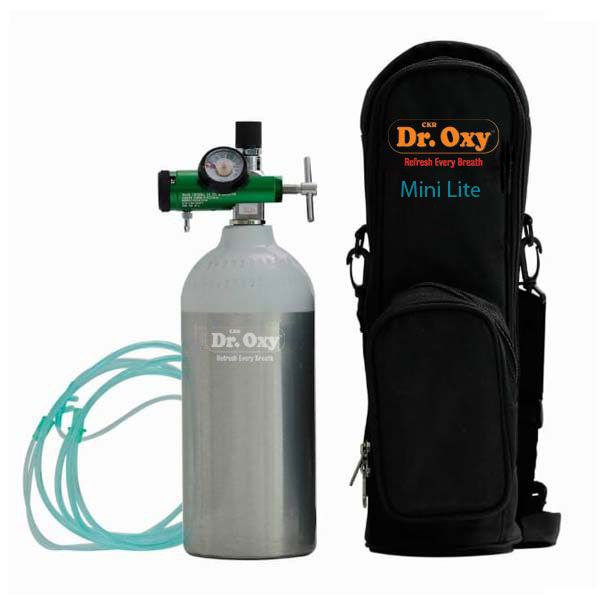
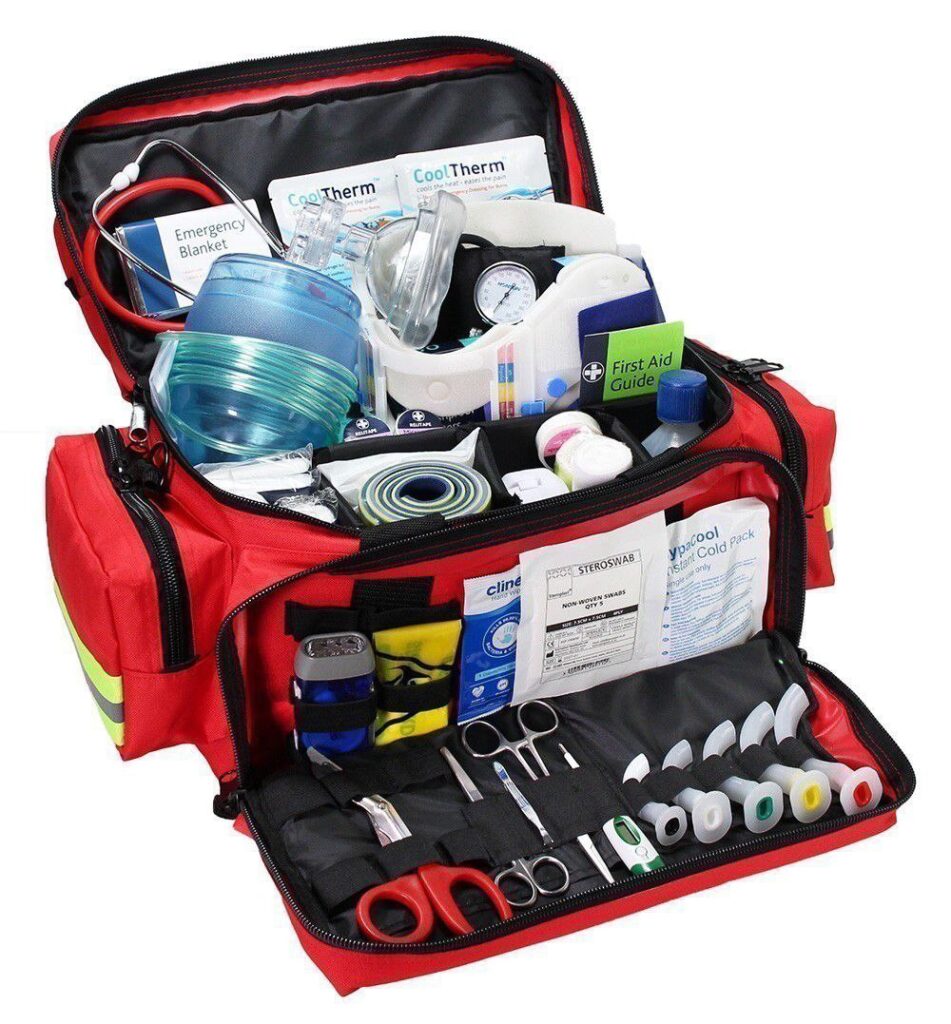
We have Certified Profession and Experience Guides who have knowledge, and they trained by the wildness first responder. So, all guides know how to use emergency Oxygen Cylinder. We Provide important medications which will help the guides and all crew.
We would like to tell our customers to have important medications from their doctor’s prescription which will help them on higher altitude which are : Diamox for altitude, ibuprofen which is pain killer Imodium or Ciprofloxacin which is for stomach and Captopril for balance blood pressure.
We would like to advice our customers to drink enough water in order to help them in higher altitude it’s means water is medicine in higher altitude. You can climb mount Kilimanjaro without using medication if you will drink enough water and make to the top if you drink more then 3 to 4 liters of water from day one until last day.
Plastic Bottles is not allowed in side of Kilimanjaro national park, so make sure you have water bladder which is 2 to 3 liters and 1 to 2 water bottles which will help you on your hike. And if you will come with Travel and medical insurance it will be good.
The Travel and medical insurance will help you to get Emergence Helicopter in High altitude when get problem.
Goduru Travel is the one of the company which have good service both on Mount Kilimanjaro and Mount Meru and Safari.
You will enjoy your trip all the way up to the top of FREESTANDING MOUNTAIN IN THE WORLD. You will feel that you are at home.
Kili Packages With Acclimatization Day
Kili Climbs to Join for Solo Travelers
TANZANIA WILDLIFE SAFARI
6 DAYS
TANZANIA SAFARI
5 DAYS
TANZANIA SAFARI
4 DAYS
TANZANIA SAFARI
Special Requests Available
We can customize an itinerary to meet your interests, accommodation type and time frame. If you have a special request, send us a message, and we will be sure to get back to you soon. You can call us anytime 24/7 on +255757208208
